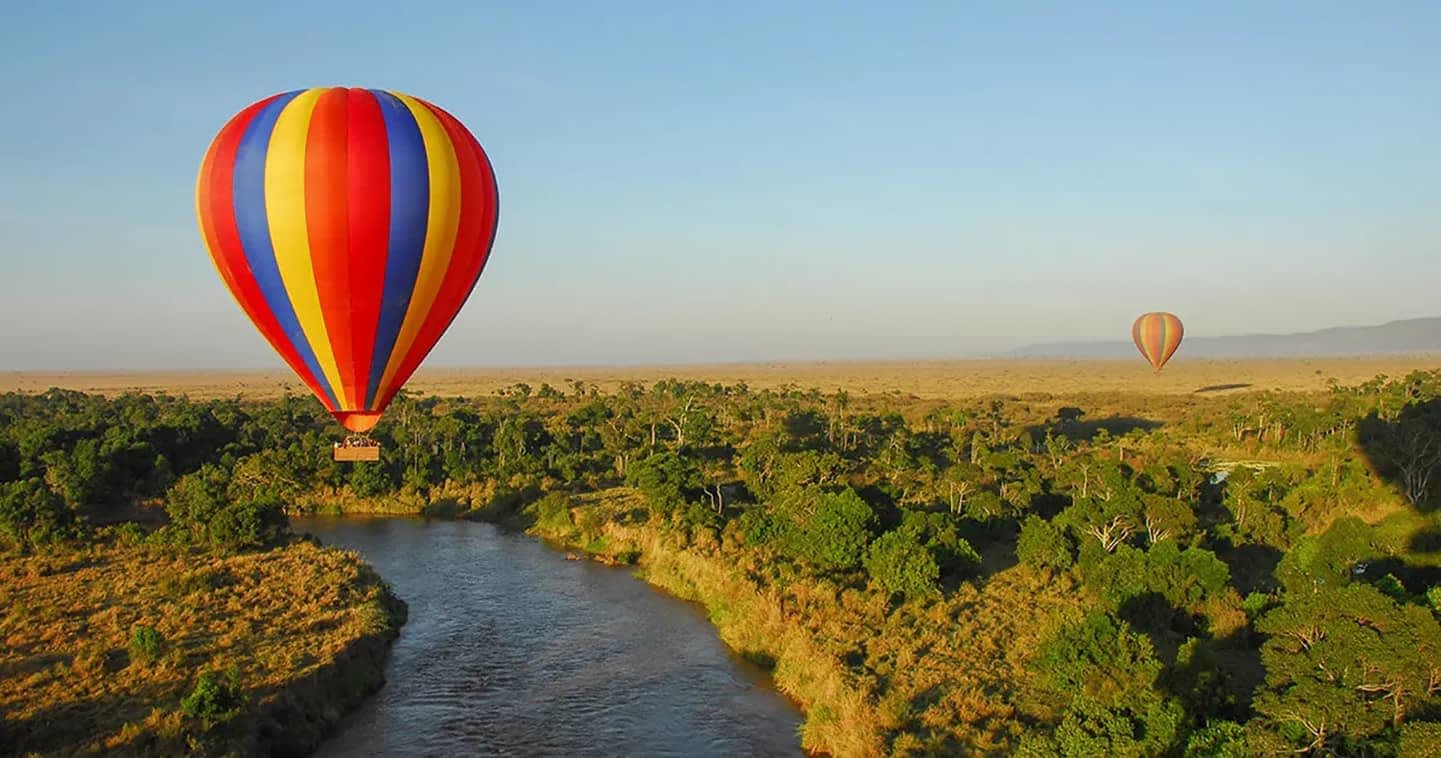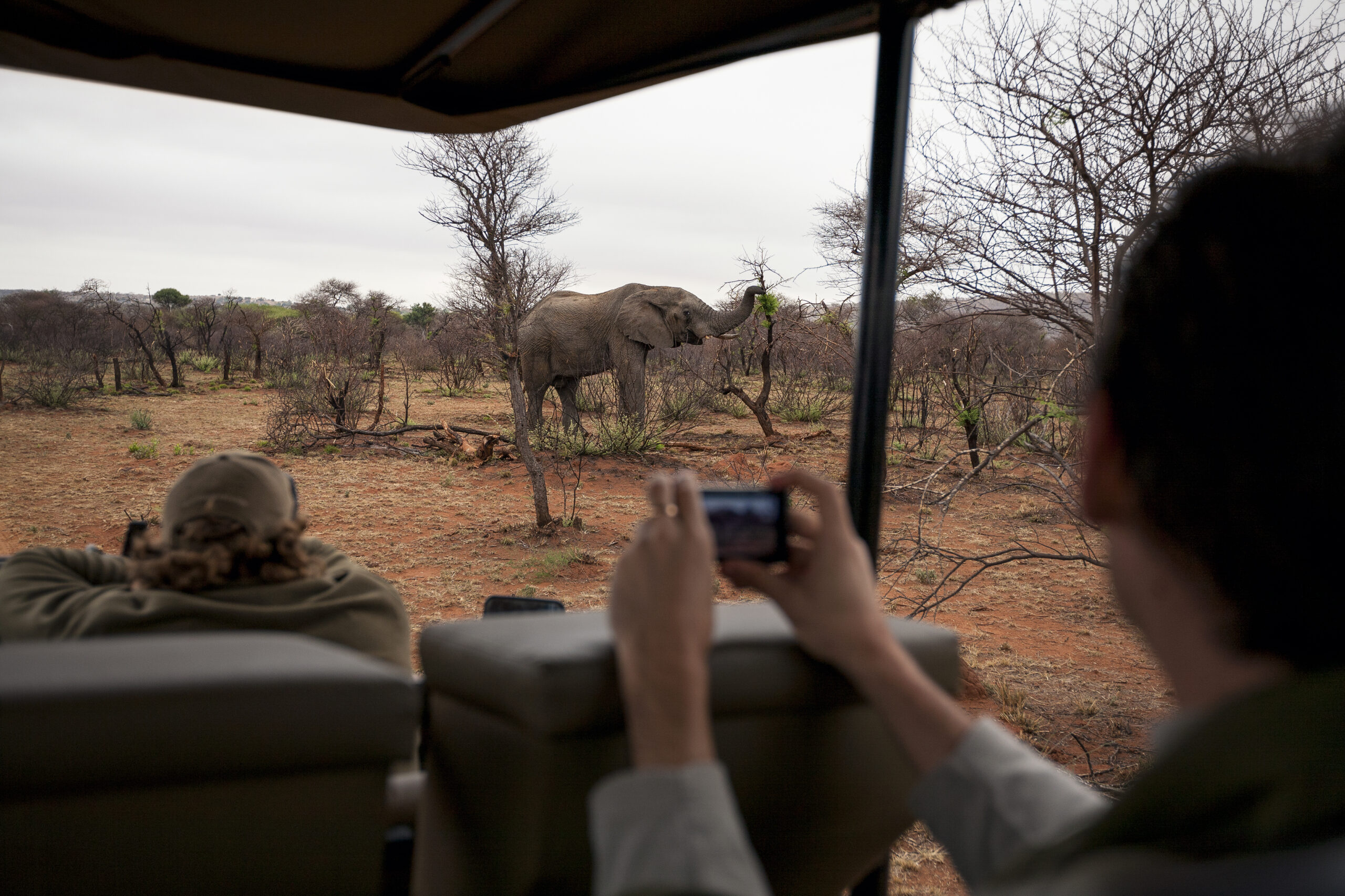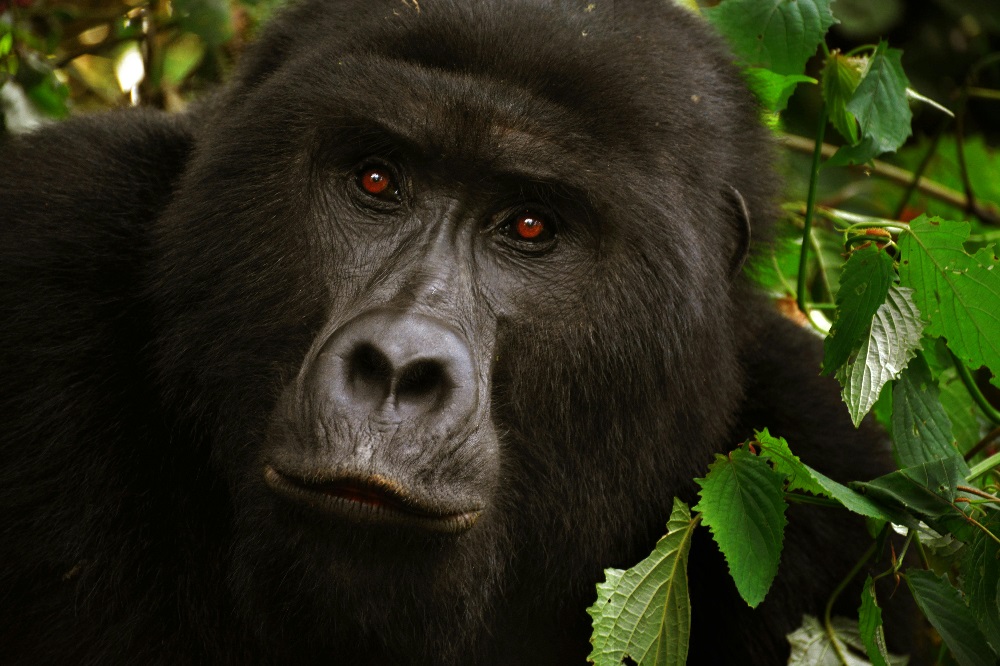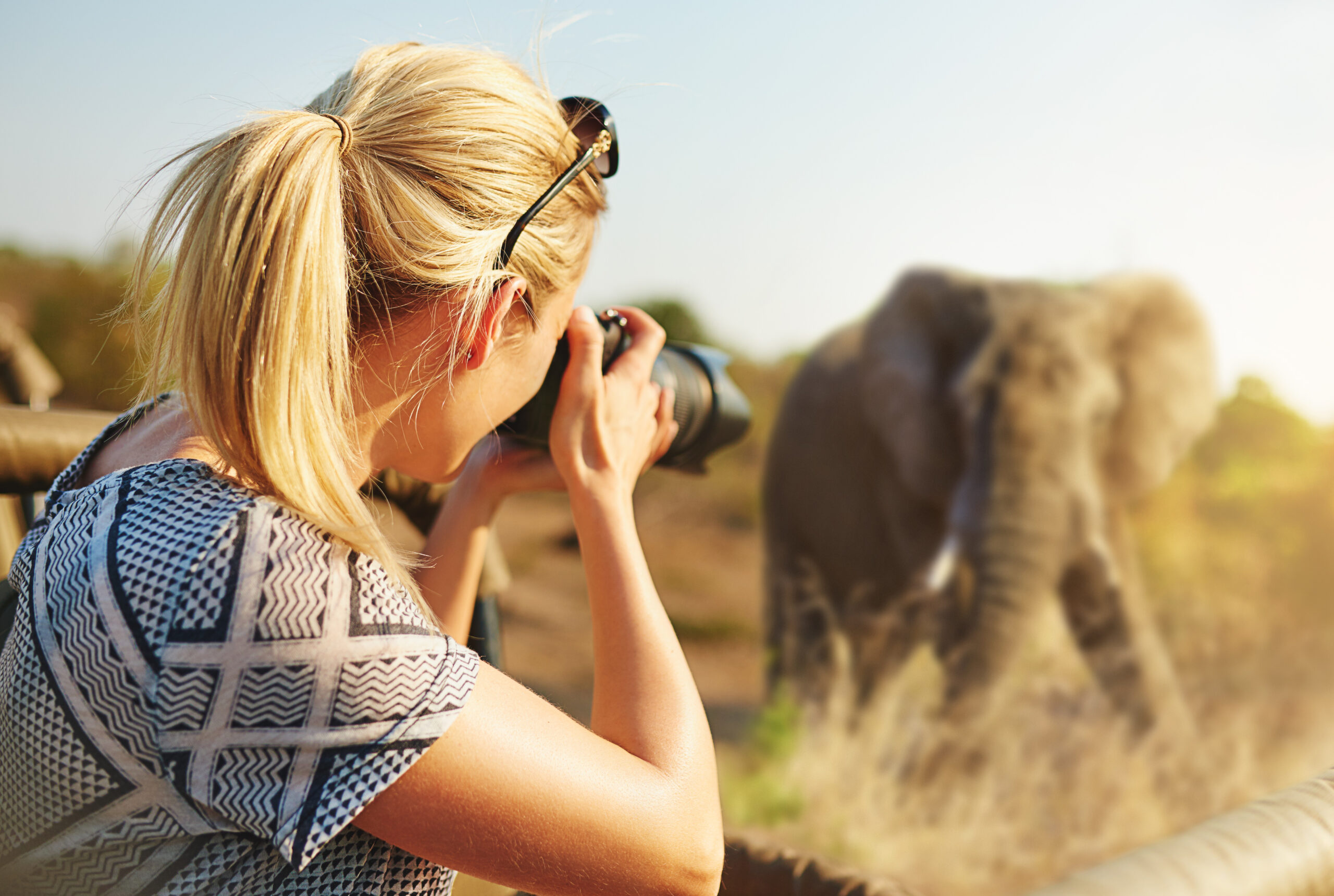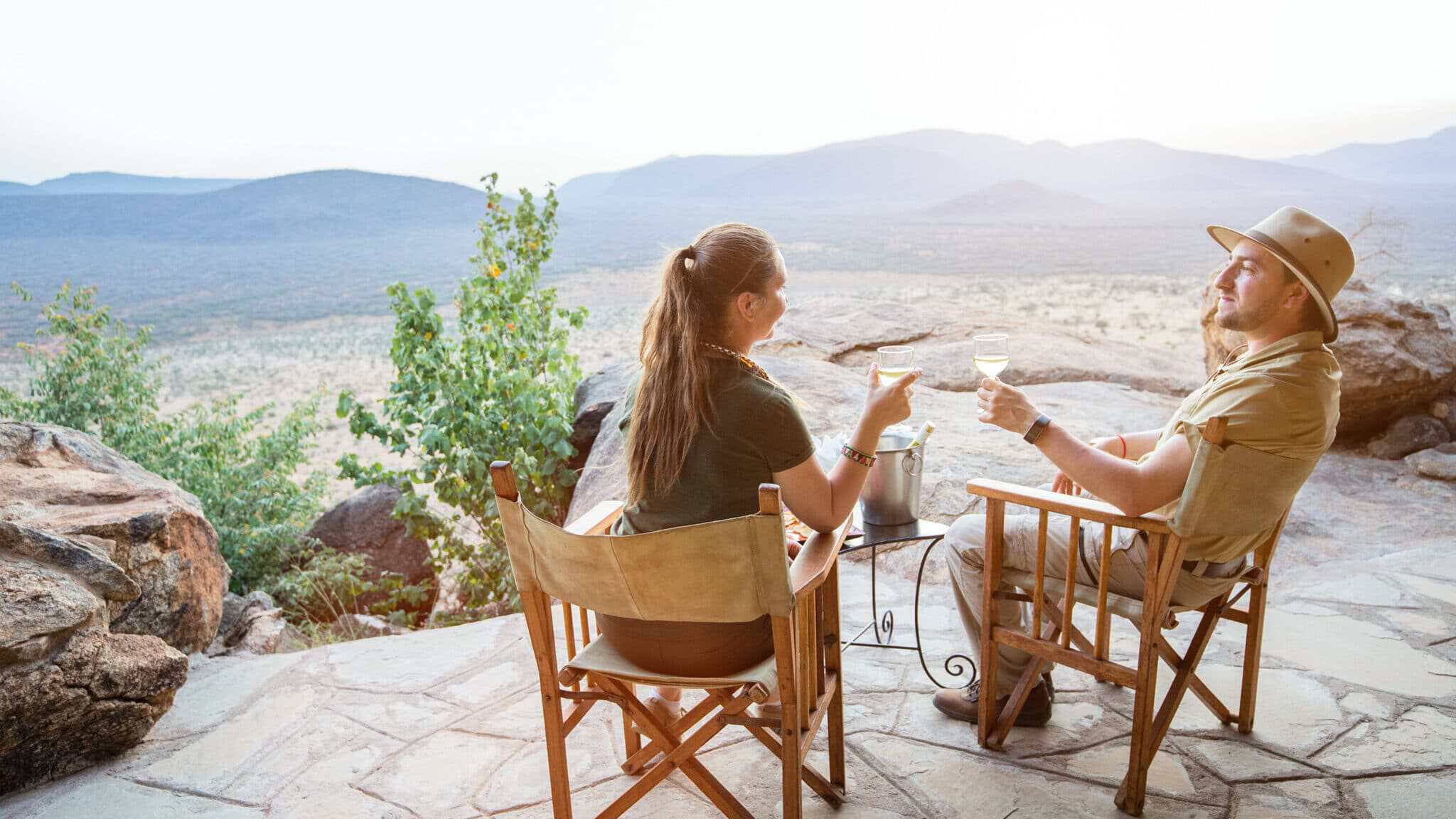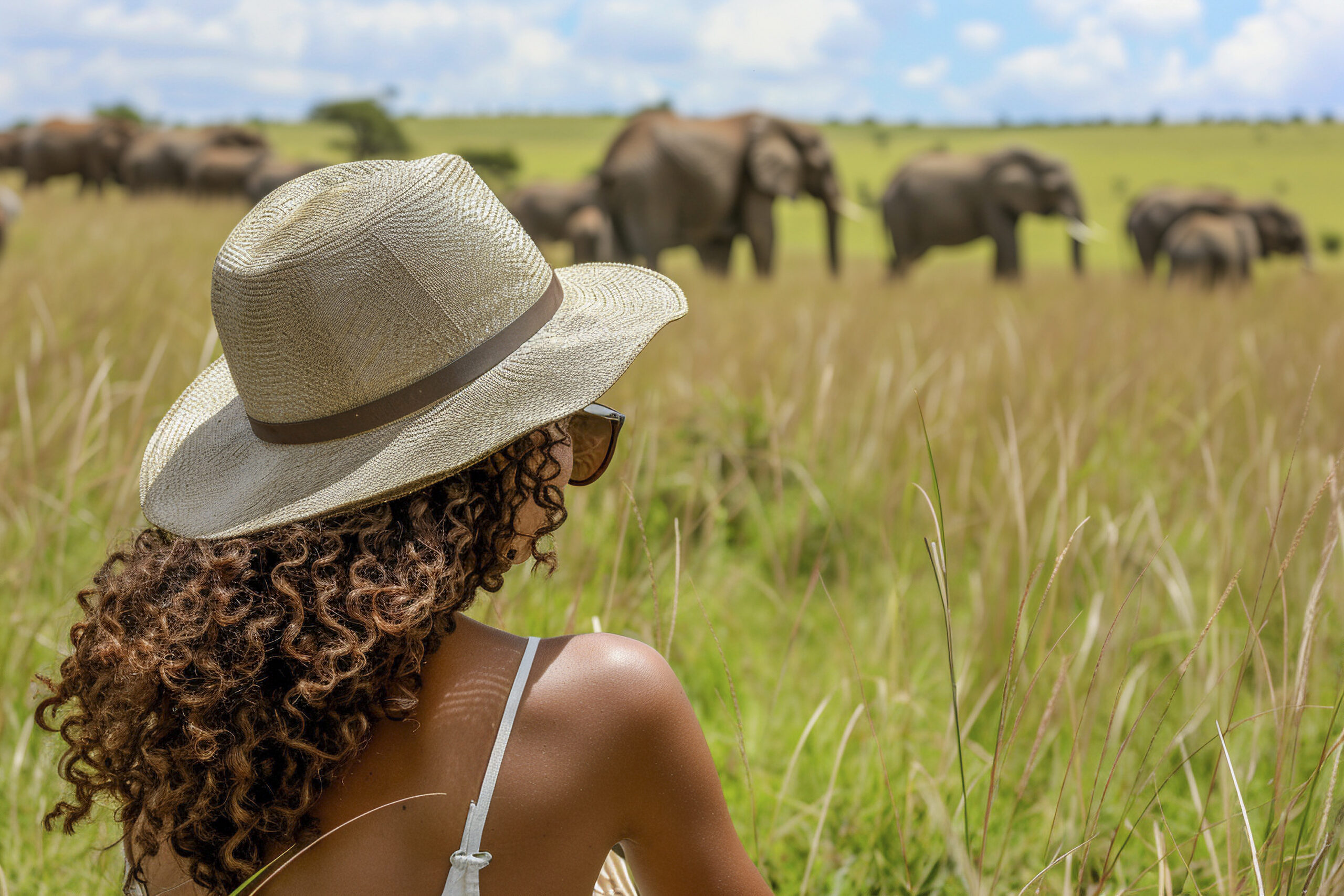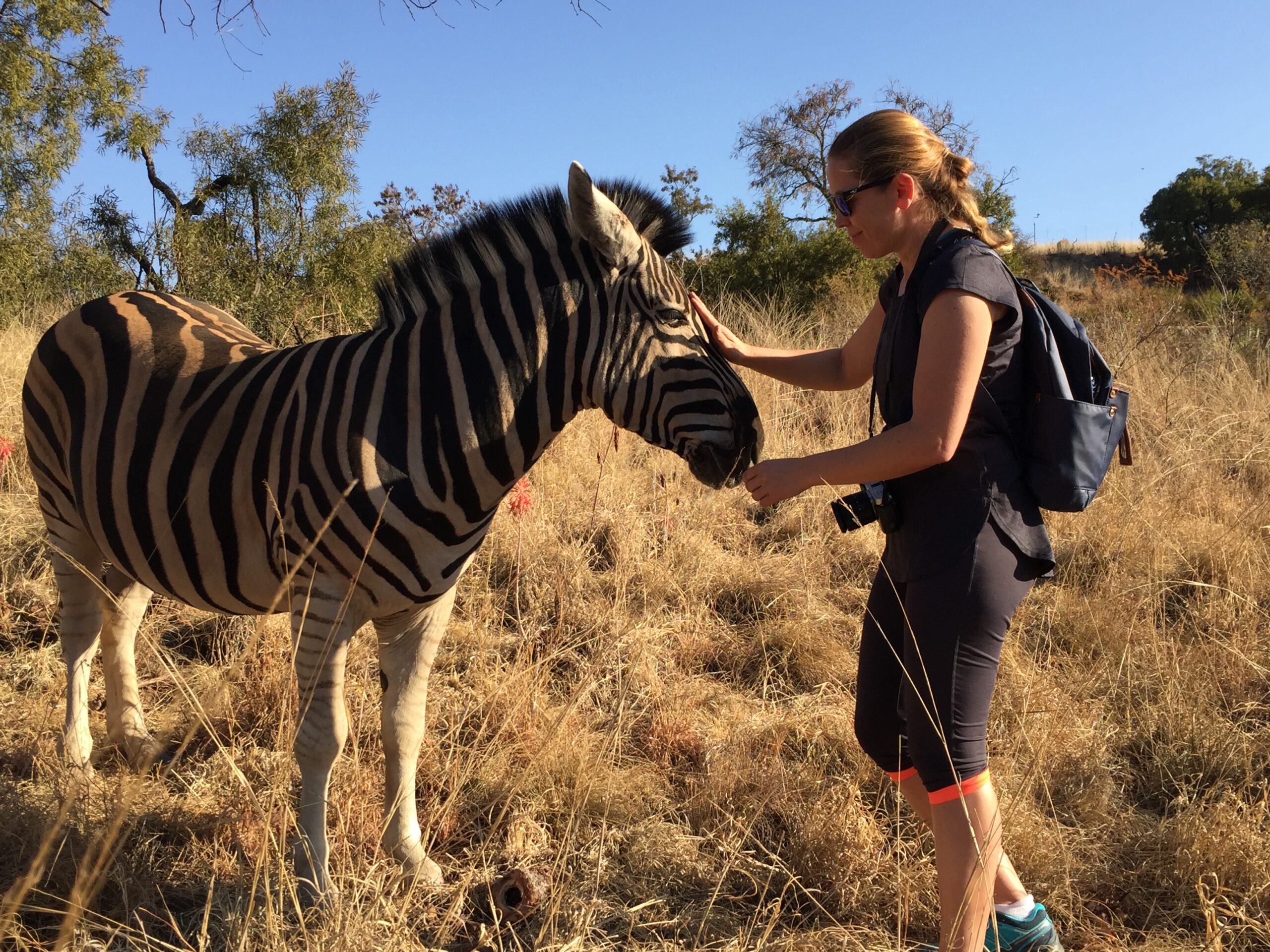An African safari is a dream for many travelers, but one of the first questions most people ask is about the cost. The average cost of an African safari can vary widely depending on the country, the season, and the level of comfort you choose. On the lower end, a budget safari can cost around $150 to $300 per person per day. This usually includes basic accommodations like tented camps, group game drives, and meals. For mid-range safaris, which are the most popular choice, you can expect to pay between $350 and $600 per person per day. These often include more comfortable lodges, guided tours, and sometimes domestic flights. At the luxury end, safaris can easily cost $700 to $1,500 per person per day, with high-end lodges, private vehicles, gourmet meals, and exclusive experiences such as hot air balloon rides or private conservancy tours.
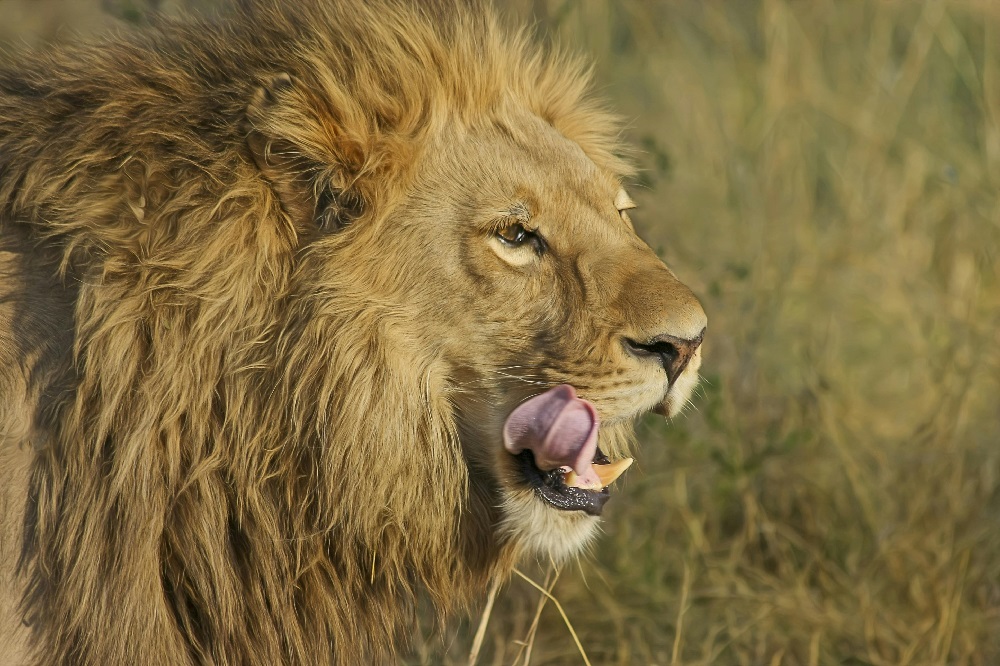
The price of a safari also depends on the length of your trip. A week-long safari can range from $2,500 to $5,000 per person, while longer trips of 10 to 14 days can reach $7,000 or more. International flights, visas, and travel insurance add extra costs, so it is important to budget wisely. Travelers should also note that park fees in Africa are an important part of the cost, as they go directly into wildlife conservation. While a safari may seem expensive, many travelers agree that the experience of seeing wild animals in their natural environment is worth every penny.
Are African Safaris Worth the Money?
Many first-time travelers wonder if the high price of an African safari is justified. The short answer is yes. A safari is more than just a vacation—it is a once-in-a-lifetime experience. Unlike visiting a zoo, a safari allows you to witness animals roaming free in their natural habitat. The sight of lions hunting, elephants crossing rivers, or wildebeest migrating across the plains is something unforgettable. For many people, the value lies not only in the wildlife but also in the adventure of exploring vast landscapes, meeting local cultures, and experiencing something unique.
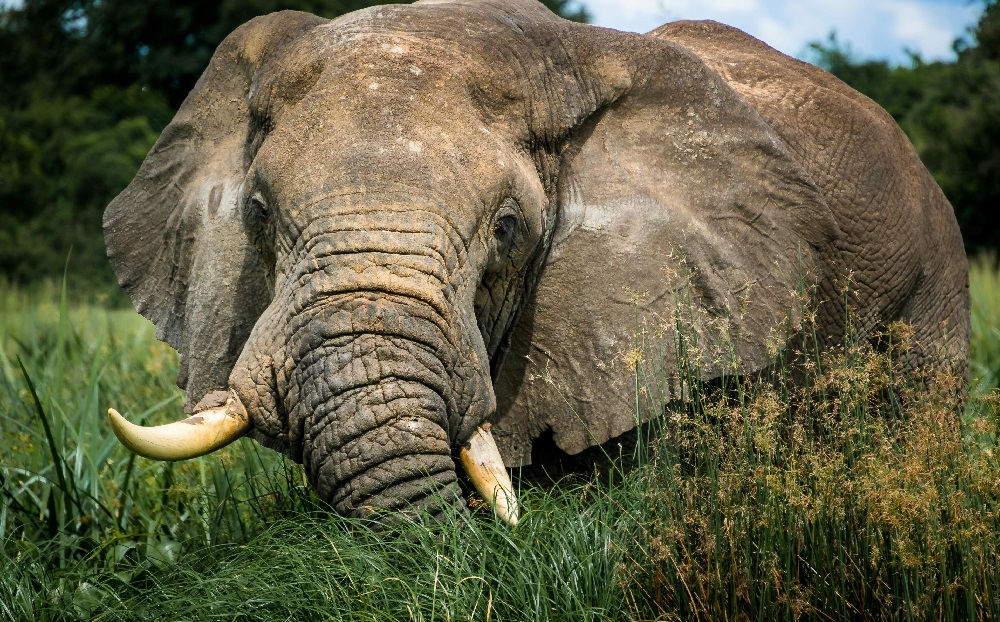
Safaris also support conservation and local communities. A large portion of the money spent on safaris goes into protecting national parks, paying rangers, and supporting local villages through tourism. This means that your safari is not just a holiday but also a way to give back to the places you visit. While the cost may seem high compared to other vacations, the memories, the photographs, and the stories you bring home make safaris truly worth the money.
How Many Days Do I Need for an African Safari?
The number of days needed for an African safari depends on what you want to see and experience. On average, most travelers spend 5 to 10 days on safari. A shorter safari of 3 to 4 days can be enough if you want a quick experience, especially in parks close to cities like Nairobi or Arusha. These short safaris are great for spotting animals like lions, giraffes, and elephants, but you may not have enough time to see everything.
For a more complete experience, 7 to 10 days is ideal. This gives you time to visit multiple parks, such as Serengeti in Tanzania or Masai Mara in Kenya, and allows for a mix of game drives, cultural visits, and relaxation. Longer safaris of 12 to 14 days are perfect for those who want to explore more than one country, combining destinations like Botswana, Namibia, or South Africa. The longer you stay, the more chances you have to witness special events like the Great Migration or rare animals such as leopards or rhinos.
How Much Travel Insurance Do I Need for an African Safari?
Travel insurance is one of the most important things to consider when planning an African safari. Safaris often involve remote locations, adventurous activities, and travel in open vehicles, which means there is always a small risk. The cost of travel insurance depends on your home country, your age, and the length of your trip, but in general, it can be around 4% to 10% of your total safari cost. For example, if your safari costs $5,000, travel insurance may cost between $200 and $500.
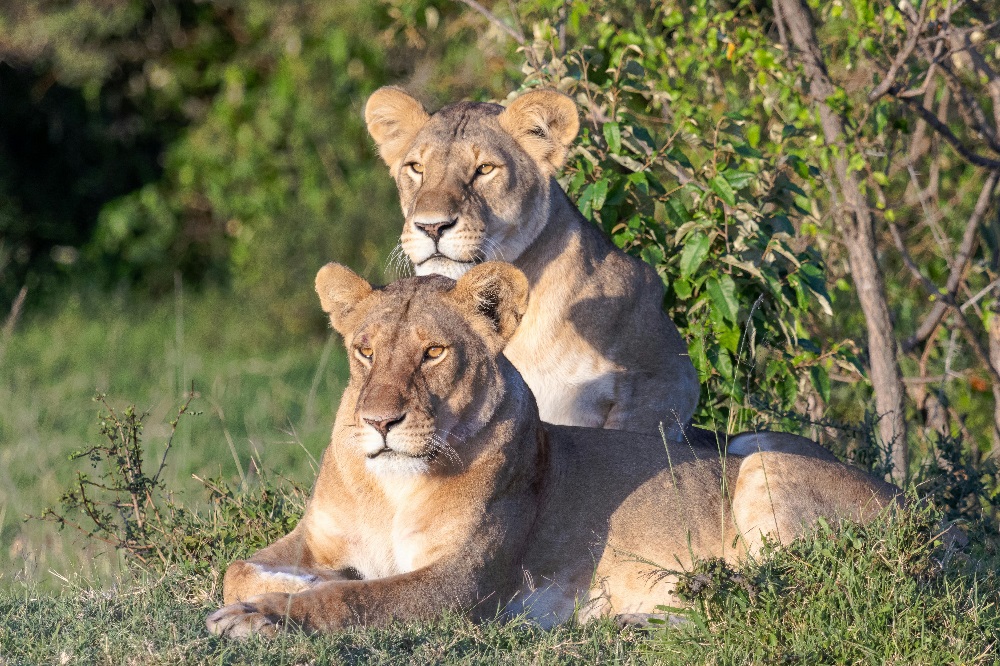
Good travel insurance should cover medical emergencies, trip cancellations, lost luggage, and evacuation in case of an emergency. Medical evacuation is especially important because many safari parks are far from big hospitals. Some policies also cover adventure activities like hot air balloon rides or walking safaris. While it may feel like an extra expense, insurance provides peace of mind, knowing that you are protected if something unexpected happens.
How Much Does It Cost to Go on an African Safari from the USA?
For travelers coming from the United States, the cost of an African safari includes both the safari itself and international flights. Flights from the USA to Africa usually cost between $800 and $1,500 depending on the season, the airline, and whether you fly directly or with connections. The most common airports for safaris are Nairobi in Kenya, Kilimanjaro in Tanzania, Johannesburg in South Africa, and Windhoek in Namibia.
Once you arrive in Africa, safari costs are the same as for other travelers, ranging from $2,500 for budget safaris to $10,000 or more for luxury experiences. Altogether, a full safari trip from the USA can cost between $4,000 and $12,000 per person. For many American travelers, safaris are a big investment, but they are also one of the most rewarding travel experiences in the world.
Which Country is Best for an African Safari?
Choosing the best country for a safari depends on what you want to see. Kenya and Tanzania are famous for the Great Migration, where millions of wildebeest and zebras cross the Serengeti and Masai Mara. These countries are perfect for travelers who want the classic safari experience with big cats, elephants, and open savannahs.
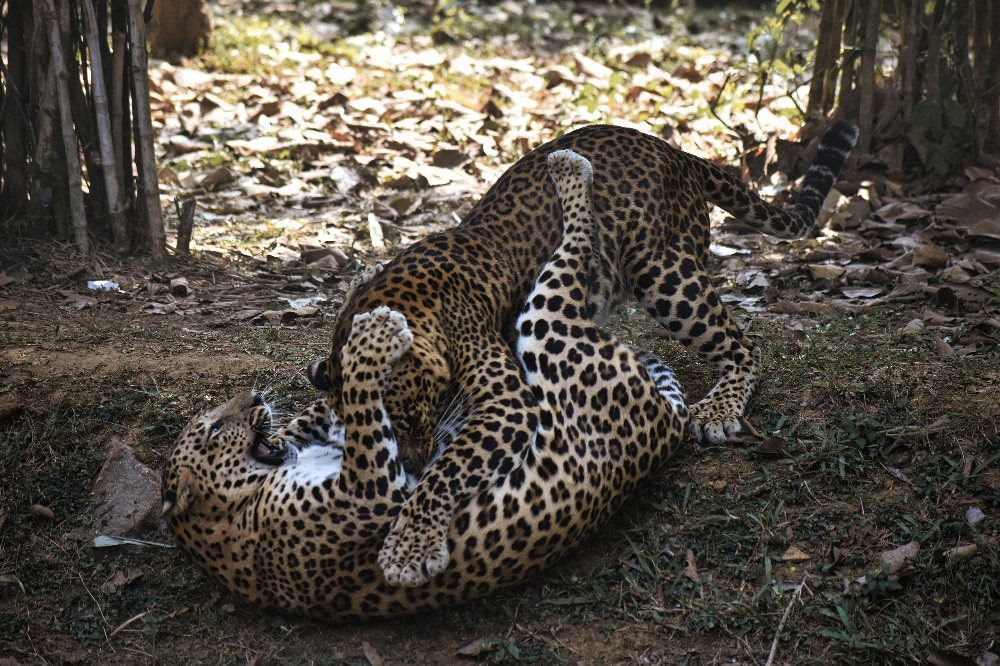
South Africa is a great choice for first-time visitors because it has excellent infrastructure, malaria-free reserves, and famous parks like Kruger. Botswana is known for its luxury safaris, pristine wilderness, and water-based experiences in the Okavango Delta. Namibia offers unique desert landscapes and wildlife like oryx and desert elephants, while Uganda and Rwanda are famous for gorilla trekking. Each country has its strengths, and the best choice depends on your interests, budget, and how much time you have.
Do I Need Vaccinations for an African Safari?
Yes, most travelers need some vaccinations before going on an African safari. The exact requirements depend on the country you are visiting and your own health. The most common recommended vaccinations include yellow fever, hepatitis A, hepatitis B, and typhoid. In some countries, proof of yellow fever vaccination is required for entry.
Malaria is another important concern in many safari destinations. While there is no vaccine, travelers are usually advised to take malaria prevention tablets. It is always best to consult with a travel doctor several weeks before your trip. Vaccinations and malaria tablets add some cost to your safari, but they are essential for staying healthy during your adventure.
Why is Safari So Expensive?
One of the biggest surprises for first-time travelers is the high cost of safaris. The main reason safaris are expensive is that they involve remote locations, high park fees, and conservation costs. National parks charge entrance fees that often range from $50 to $100 per person per day, and these fees go toward protecting wildlife and habitats. Safari lodges are usually in remote areas, which means supplies, staff, and building materials are more expensive to transport.
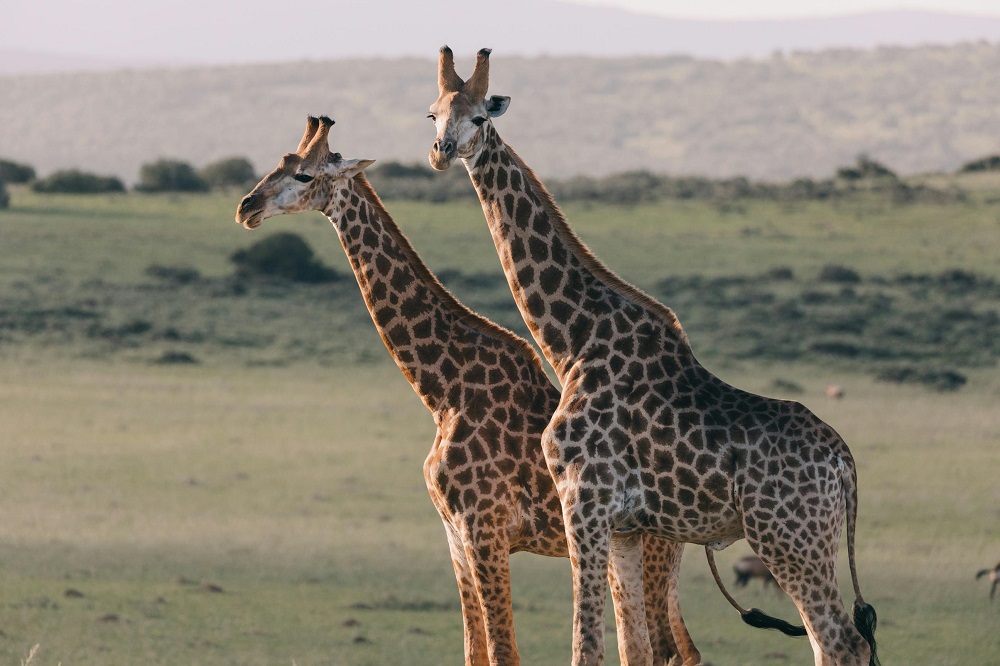
Another reason is that safaris are designed to be small and exclusive. Unlike large resorts, most lodges only take a limited number of guests, offering personalized service and guided experiences. Vehicles, guides, and rangers also add to the cost. Finally, part of the price includes conservation efforts, ensuring that future generations can continue to enjoy Africa’s wildlife. While it is costly, many travelers agree that the experience of being in the wild with lions, elephants, and giraffes is priceless.
How Much Does a Serengeti Safari Cost?
The Serengeti in Tanzania is one of the most famous safari destinations in the world. The cost of a Serengeti safari depends on the type of accommodation and the length of your trip. Budget safaris can cost around $200 to $300 per person per day, staying in basic tented camps and traveling with groups. Mid-range safaris usually range between $400 and $600 per day, offering comfortable lodges and guided tours. Luxury safaris can cost $700 to $1,200 or more per day, with high-end lodges, private vehicles, and exclusive services.
Park fees for the Serengeti are also an important part of the cost, usually around $60 to $70 per person per day. Most Serengeti safaris last 3 to 7 days, which means the total cost can range from $1,500 to $7,000 per person depending on your choices. Many travelers combine the Serengeti with nearby parks like Ngorongoro Crater or Tarangire for a fuller experience, which adds to the cost but also to the adventure.
How Much Does an Average 10-Day Kenya Safari Cost?
Kenya is one of the most popular safari destinations, with parks like Masai Mara, Amboseli, and Tsavo offering incredible wildlife. A 10-day safari in Kenya gives travelers enough time to explore multiple parks and enjoy a variety of landscapes. On average, a 10-day safari in Kenya costs between $3,500 and $7,000 per person. Budget safaris may be cheaper, around $2,500 to $3,000, but mid-range and luxury safaris are more common.
This price usually includes accommodations, park fees, game drives, and meals. Some packages also include domestic flights, which make travel between parks faster but add to the cost. Kenya also offers unique experiences like hot air balloon rides over the Masai Mara, cultural visits to Maasai villages, and walking safaris in private conservancies. These activities make a 10-day safari in Kenya not only a wildlife adventure but also a cultural journey.

